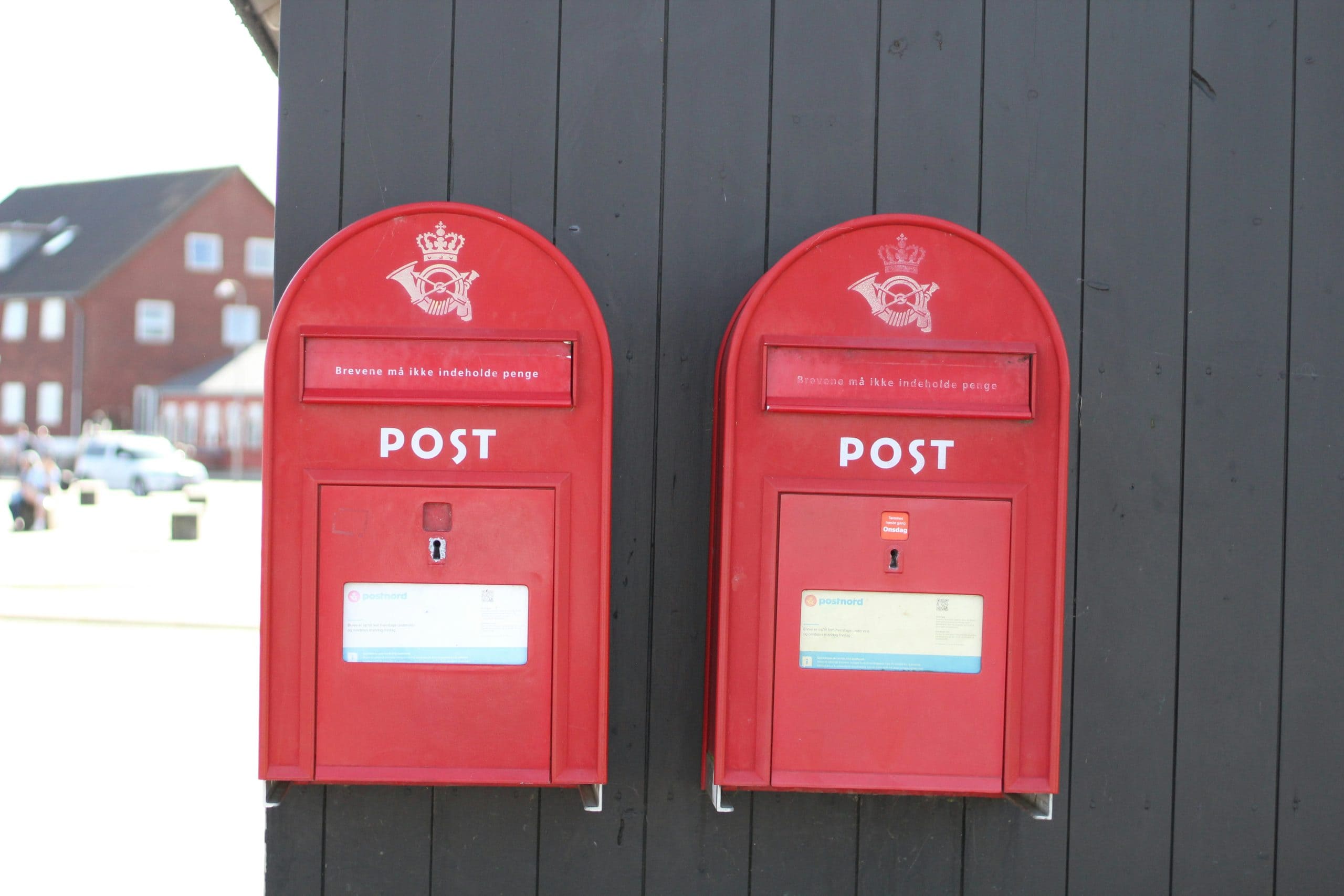
Note: This is a guest post written by Rianne Meginfrid
As a business owner or marketing manager, you’re likely always looking for ways to improve your website’s SEO performance. After all, better SEO means more traffic and leads, and ultimately, more sales. But how do you know if the SEO packages your buy from an agency are actually paying off? That’s where key performance indicators (KPIs) come in.
KPIs are measurable values that help you track and assess the success of your SEO campaigns. By tracking the right KPIs, you can get a clear picture of what’s working and what isn’t, and make adjustments accordingly.
Why are KPIs important in SEO?
KPIs are important for a few reasons. First, they help you track progress and identify areas of improvement. Second, they allow you to benchmark your performance against competitors. And third, they give you something concrete to show your boss or clients (assuming your SEO efforts are yielding positive results, of course).
Now that we’ve established the importance of KPIs, let’s take a look at the 8 most important KPIs to track for SEO success.
Organic traffic:
Organic traffic is, quite simply, the number of visitors who come to your website as a result of your SEO efforts. This includes both direct and indirect traffic. Direct traffic is when someone types your URL into their browser or clicks on a bookmark. Indirect traffic is when someone clicks on a link to your website from another site.
Organic traffic is important because it’s a good indicator of how well you’re SEO campaigns are performing. If you’re seeing an increase in organic traffic that means your SEO efforts are paying off. Conversely, if organic traffic is down, that’s a sign that your SEO needs some work.
Search rankings:
Search rankings are, quite simply, the position your website holds in the search engine results pages (SERPs) for certain keywords. For example, if you rank first for the keyword “cat toys,” that means when someone searches for that term, your website will be the first result they see.
Search rankings are important because they directly affect organic traffic levels. The higher your website ranks, the more likely people are to find it. That’s why it’s important to track your search rankings on a regular basis and adjust your SEO campaigns accordingly.
Click-through rate (CTR):
CTR is the percentage of people who click on your listing in the SERPs out of the total number of people who see it. For example, if your listing is seen by 100 people and clicked on by 10 of them, your CTR would be 10%.
CTR is important because it’s a good indicator of how relevant and appealing your listing is to searchers. If you have a high CTR, that means people are finding your listing relevant and are more likely to visit your website. If you have a low CTR, that’s a sign that you’re listing needs some work.
Bounce rate:
Bounce rate is the percentage of people who visit your website and then leave without taking any further action. For example, if someone comes to your website, reads one article, and then leaves, that would count as a bounce.
Bounce rate is important because it’s a good indicator of how relevant and engaging your website is. If you have a high bounce rate, that means people are coming to your website and then leaving without taking any further action. This could be because your website is not relevant to their needs or because it’s not engaging. Either way, it’s something you’ll want to improve.
Time on site:
Time on site is the average amount of time people spend on your website. This includes both the time they spend on your website as a whole and the time they spend on each individual page.
Time on site is important because it’s a good indicator of how engaged people are with your website. If people are spending a lot of time on your website, that means they’re finding it interesting and are more likely to take action. Conversely, if people are only spending a few seconds on your website, that’s a sign that they’re not very engaged and are less likely to take action.
Pages per visit:
Pages per visit are the average number of pages people view on your website. For example, if someone visits your website and views 3 pages, that would count as 1 page per visit.
Pages per visit are important because it’s a good indicator of how engaged people are with your website. If people are viewing multiple pages on your website, that means they’re finding it interesting and are more likely to take action. Conversely, if people are only viewing one or two pages, that’s a sign that they’re not very engaged and are less likely to take action.
Conversions:
Conversions are the number of people who take the desired action on your website. This could be signing up for a newsletter, downloading a white paper, or making a purchase.
Conversions are important because they’re the ultimate goal of any website. If people are coming to your website and taking the desired action, that means your website is effective. If people are coming to your website and not taking the desired action, that’s a sign that your website is not effective and needs to be improved.
Search visibility:
Search visibility is the percentage of people who see your listing in the SERPs out of the total number of people who search for that term. For example, if your listing is seen by 100 people and clicked on by 10 of them, your search visibility would be 10%.
Search visibility is important because it’s a good indicator of how relevant and appealing your listing is to searchers. If you have high search visibility, that means people are finding your listing relevant and are more likely to visit your website. If you have low search visibility, that’s a sign that you’re listing needs some work. Moreover, for digital agencies wanting to enhance client search visibility, they can even take assistance from an SEO Reseller for more professional approach.
Wrapping up!
There are a number of other KPIs you can track, but these are the eight that we believe are the most important for measuring SEO performance. If you’re not tracking these KPIs, we highly recommend that you start.






